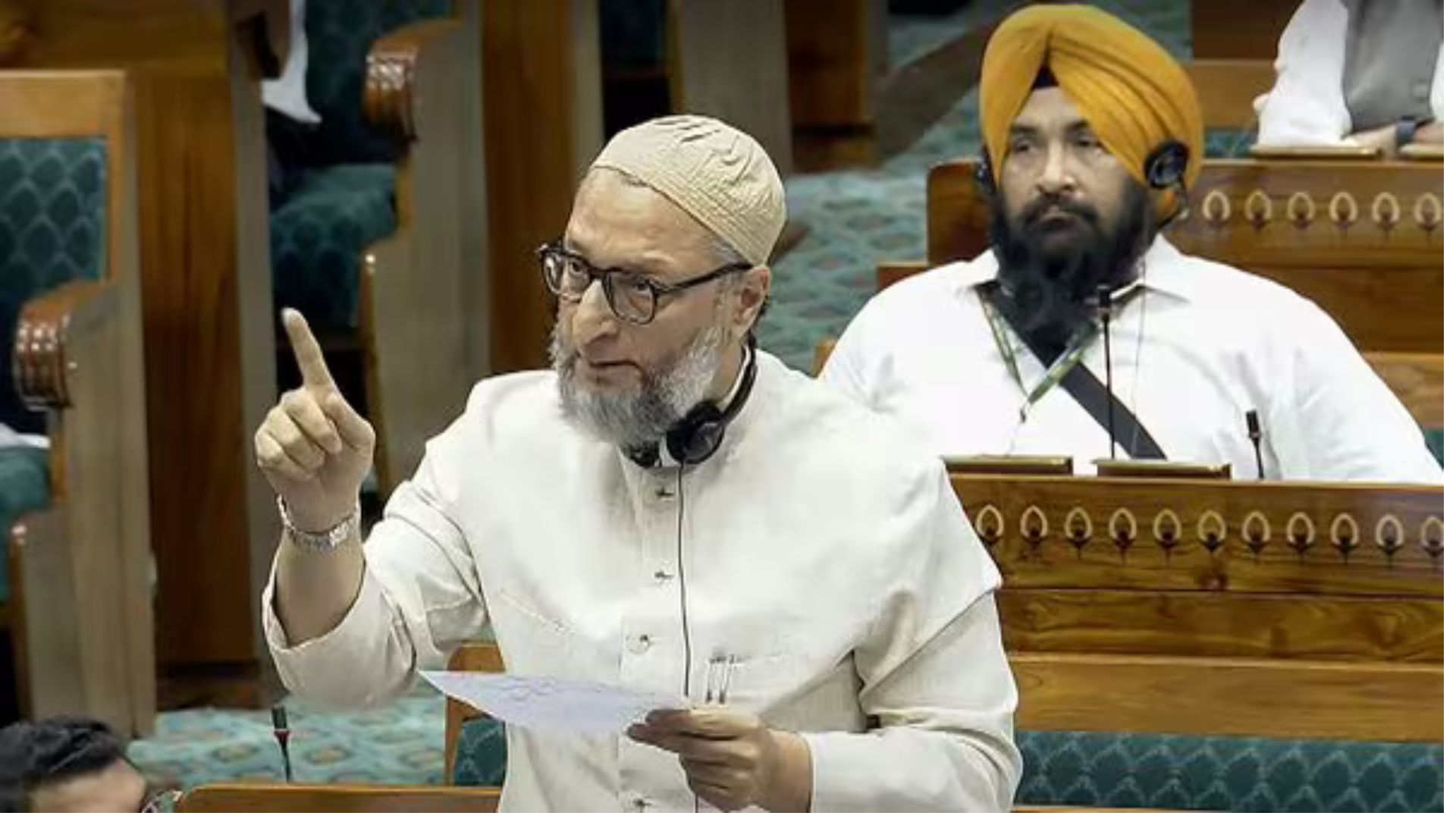AIMIM leader Asaduddin Owaisi has strongly criticized the proposed ‘Waqf (Amendment) Bill 2024,’ which assigns district collectors the authority to resolve disputes over Waqf properties. Speaking on Sunday, Owaisi slammed the bill, arguing that allowing district collectors to adjudicate disputes where the government has a stake violates the principles of natural justice.
“Under Section 3 of the Waqf (Amendment) Bill, if the government takes over a Waqf property, the district collector is empowered to resolve the dispute. But how can a collector be a judge in his own case? This is against the principles of natural justice,” Owaisi stated.
Owaisi highlighted instances where the government has seized Waqf properties, particularly citing that over 200 properties in Delhi are under government control. “In such cases, will any collector admit that the property belongs to Waqf? Why would a collector rule against the government?” he questioned.
The AIMIM chief further alleged that the Modi government is targeting Waqf properties, including mosques, graveyards, and agricultural land, with the aim of taking over these assets. He emphasized that Waqf properties are private, donated by Muslims, and criticized the government for turning the issue into a public matter.
Owaisi also raised concerns about the proposal to include non-Muslim members on Waqf boards, drawing a comparison to the Kashi Vishwanath Temple Act of 1983 in Uttar Pradesh, which mandates that only Hindu members can be part of the temple board.
The Waqf (Amendment) Bill 2023, introduced during the budget session of Parliament, is currently under review by a Joint Parliamentary Committee (JPC) consisting of 31 members. Minority Affairs Minister Kiren Rijiju has stated that the JPC’s report is expected to be submitted by the first week of the winter session of Parliament.
While the government asserts that the bill is intended to improve governance and streamline the management of Waqf properties, opposition parties have raised concerns about potential overreach and the erosion of Waqf institutions’ autonomy.







